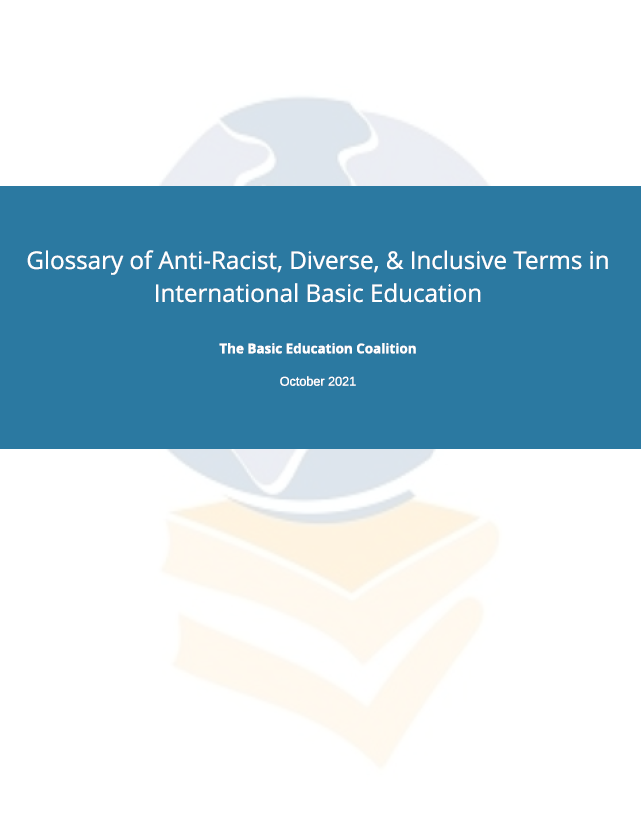Winrock International is a nonprofit organization that implements a portfolio of more than 140 agriculture, environment and social development projects in over 46 countries. Our mission is to empower the disadvantaged, increase economic opportunity, and sustain natural resources. Since 1985, Winrock has been working to provide solutions to some of the world’s most complex social, agricultural and environmental challenges. For more than two decades, Winrock has been working to improve access to quality education in Africa, Asia, and Latin America. Winrock has established relationships with local and national government, private sector, community groups, and non-governmental organizations to improve learning outcomes, expand access to education, and promote inclusive education for vulnerable groups. Winrock is a recognized leader in the education sector with deep expertise in girls’ education, alternative education for marginalized and vulnerable populations, and education in emergency settings.
Winrock seeks to involve all who can and do impact the issue of education. Our inclusive approach brings communities together, builds individual and organizational skills, leverages resources, cultivates a shared sense of possibility and direction, and achieves sustainable outcomes. Winrock partners with governments, businesses, educators, adult and peer leaders in communities to remove barriers to educational access, expand opportunities through accelerated learning, scholarships or other incentives, and providing educational support to increase retention and attainment, such as mentoring, strengthening educational governance and community engagement. For example, poor families often rely on their children for labor, and are often unable to provide them with good health and nutrition. Increasing family and community involvement in education depends on generating household income and savings, so that families can provide for their children and not be reliant on their earnings. Winrock’s gender and inclusion strategy considers inclusivity dimensions of the education system such as gender, ethnicity, mental and physical ability. Specifically, it examines how gender affects educational access, quality and safety to design inclusive methods for project implementation and monitoring.
Winrock takes a practical approach to the insidious and disruptive challenges that undermine education. Endemic poverty, violent conflict, discrimination, gender norms, cultural attitudes, and child labor and trafficking all conspire to keep children out of school. Winrock works with families to create a healthy and productive environment that supports education. We engage parents in school governance through parent-teacher associations (PTAs). We raise awareness about the kind of supportive culture and opportunities young people, particularly women, need to thrive. When families and communities see tangible benefits from schools, they support them with additional resources and expect the quality of education to improve. Greater community support for education leads to higher levels of school attendance and performance. It also contributes to improved school standards and a stronger corps of teachers, administrators and civil servants.
Expanding access to quality education requires a safe learning environment and preventing School Related Gender Based Violence (SRGBV). This is a priority for Winrock across our programming, especially in schools among traumatized and recovering communities with a recurrent conflict or post-conflict setting, so that parents are comfortable sending their children to school and children can focus on learning without the threat of violence. Working with the broader school community to foster resilience, Winrock develops guidelines for school protection frameworks and codes of conduct, while nurturing social cohesion through broad and equitable community engagement.
Winrock engages at multiple levels to strengthen policy and planning, build local capacity, and change the mindsets, behaviors and conditions that prevent children from receiving a quality education. Winrock prioritizes strengthening education systems and building local capacity of decentralized education authorities, including administrators and teachers, to improve student learning outcomes and ultimately support all students to acquire the education and skills required to transition to adulthood and live healthy, productive lives. Winrock’s approach encourages the use of assessments to support instruction and supports teachers and instructors with practical and transformative professional development standards and benchmarks to measure progress. Winrock designs programs to foster inclusion and equal opportunity as a critical means to achieve learning outcomes for primary and secondary school students.
Read more about Winrock here!










